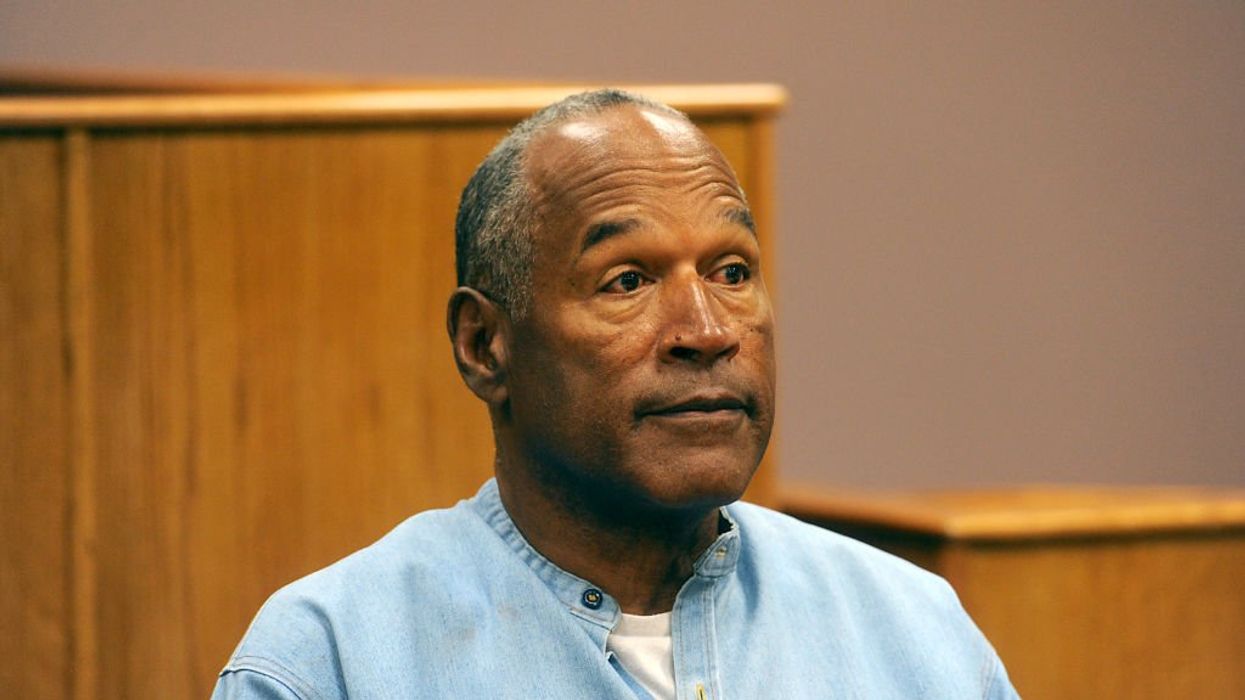
© 2024 Blaze Media LLC. All rights reserved.
Bashar al-Assad's days as the Alawite despot of Damascus are rapidly dwindling. As the Syrian uprising approaches the two-year mark, the rebels who once withstood withering regime onslaughts are now a fully militarized insurgency on the offensive.
The Free Syrian Army displayed improved military capabilities with the shoot-down of two attack aircraft last week, probably with advanced SA-16 Gimlet missiles. Organized rebel units are capturing regime military bases and other strategic sites, and Jihadist militias have stepped up suicide bombings and assassinations of Ba'ath party officials.
Syria's Rebellion is hurtling towards an endgame, but things could get a lot worse before they get better.
The Obama administration and the international community need to recognize this reality as policies of intervention, containment, and non-interference are considered in the days ahead. While many would rightly welcome Assad's ouster, his last stand could unleash even greater bloodshed and devastation for the Syrian people. And after Assad is gone, a vortex of sectarianism, Jihad, and reprisals could could engulf the country and spill over into neighboring countries.
Despite an estimated 40,000 casualties at this stage of the conflict, Assad hasn't completely taken off the gloves. His assault troops and Shabiha thugs have shown no compunction in their brutality, but entire cities haven't been leveled nor have chemical weapons been deployed. Assad has been acting as a tyrant who still maintains the hope of holding power.
But that could change suddenly. Like a cornered, wounded animal, Assad may become more vicious-- and deadly-- as his downfall becomes imminent. Assad's inner circle understandably view their fight for power as a life or death struggle. While western media celebrated the demise of tyrants like Saddam and Qaddafi, Assad and his cronies took notice of how each strongman met a decidedly undemocratic end at the hands of bloody-minded captors. Bashar and company won't go quietly to the abattoir. And they may try to tear whatever is left of Syria down on their way out.
So what options are left to an autocrat with dwindling resources and few friends, but who is sitting on the third largest stockpile of chemical weapons in the world?
The question is more than an unpleasant exercise in wargaming. Chemical weapons hang over the Syrian outcome like a terrifying specter. Recent press reports assert that Assad would balk at using his substantial chemical weapons, but his regime has already publicly stated that it would deploy them to deter "outside aggression." Many assume that would mean a NATO invasion, but there are more than enough foreign fighters joining the Syrian resistance for Assad to claim as a pretext.
If Assad and his toadies balk at going chemical on their own people, enormous quantities of VX, Sarin, and Mustard gas could fall into the hands of rebels who proudly fly the black flag of Jihad and execute unarmed prisoners. If by remarkable good fortune, Assad doesn't gas his own people and the more "moderate" factions of the Free Syrian Army secure all his weapons of mass destruction, a sectarian bloodbath could still ensue.
The Sunni Arab resistance-- including many veterans of recent Jihads against the West-- are unlikely to allow Alawites, Christians, Druze, and other Assad allies (real and perceived) to escape widespread retribution. If the past decade in Iraq is any indicator, regime change in Syria could spur inter-religious and ethnic score-settling. A post-Assad Syria would likely go through a sectarian bloodletting, and unlike Iraq, it won't have 150,000 U.S. and Coalition soldiers to stop it.
Despite these ominous possibilities, the Obama administration appears poised to take a much more robust role in the Syrian conflict. A multilateral intervention is the most likely choice, one that takes an incremental approach and relies on the assistance of regional powers like Turkey. Discussions are already under way to give the Turks a few Patriot missile batteries to provide a better umbrella of protection to Syrians in the northern border region. But that could be a mere beachhead for much larger efforts.
The next steps would be the real escalation. The Obama administration could establish a no fly zone patrolled by American aircraft, engage in precision strikes on key Assad targets, and even put U.S. boots on the ground as part of a peacekeeping mission once Assad's regime crumbles. These interventionist options would substantially expand U.S. influence in Syria- and dramatically increase our risks.
Another approach would be a less aggressive containment strategy that mimics the U.S. intervention up to the point of placing any American forces in harms way. No planes in Syrian skies, no U.S. soldiers on Syrian soil. Funneling arms to the resistance and supporting the new Syrian National Council would be the most direct forms of U.S. assistance.
Of course, for a country weary of mid-east wars, complete U.S. nonintervention has its proponents and its benefits too. But as the death toll mounts and countries on Syria's borders fear for their own security, the call for American leadership and action will drown out the most cautious voices on our foreign policy. We will become more involved, the only question is how much.
No matter what course of action President Obama chooses in Syria, casualties and tragedies will mount. Assad is odious, but he imposed order, and it is difficult to predict the intentions of those who, once grotesquely oppressed, find themselves in a position to exact retribution. The Syrian resistance may manage the Herculean task of defeating Assad and subduing the Jihadis in their ranks. The Obama administration, however, would be well-advised to factor in much darker outcomes as it considers its own involvement in yet another country's desperate, bloody struggle.
Want to leave a tip?
We answer to you. Help keep our content free of advertisers and big tech censorship by leaving a tip today.
Want to join the conversation?
Already a subscriber?
more stories
Sign up for the Blaze newsletter
By signing up, you agree to our Privacy Policy and Terms of Use, and agree to receive content that may sometimes include advertisements. You may opt out at any time.
© 2024 Blaze Media LLC. All rights reserved.
Get the stories that matter most delivered directly to your inbox.
By signing up, you agree to our Privacy Policy and Terms of Use, and agree to receive content that may sometimes include advertisements. You may opt out at any time.


